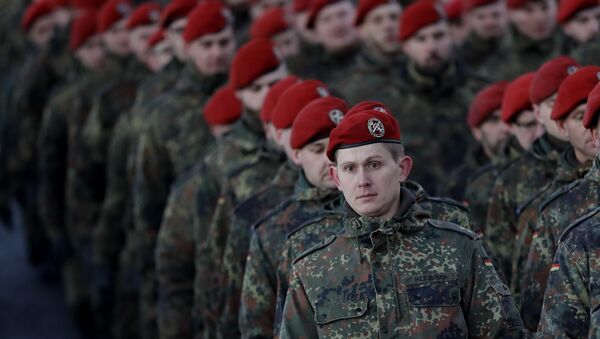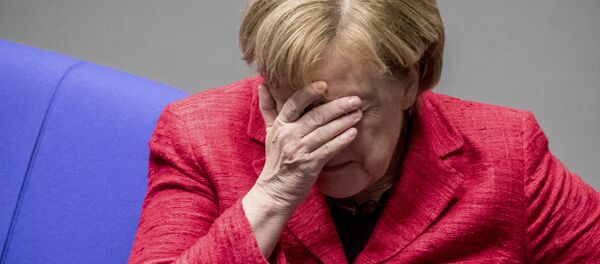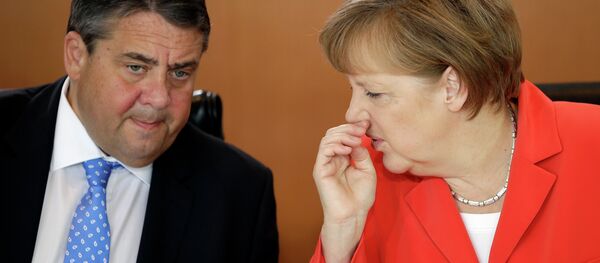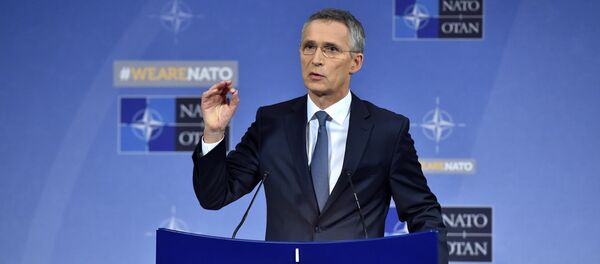"Die Rekruten" ("The Recruits"), features short daily episodes of 12 marines going through daily life as trainees in the military. Each episode runs from four to seven minutes and is posted on YouTube to target a younger audience.
With 44 million viewers, "Die Rekruten" is proving successful. Applications to join the military have increased 20 percent in the wake of the program, Dirk Feldhaus, spokesman for the German military, told the Guardian. The show ran from November 2016 through January 2017 and cost about 6.5 million euros to produce and market.
Since 2011, when Germany ended conscription, the military has suffered a shortfall in personnel levels so dire the Defense Ministry has considered accepting non-German EU nationals to join the country's armed forces.
The show aims to paint an "authentic" picture of military life emphasizing camaraderie, the opportunity for self-growth, and a culture open to "winning as well as losing," according to the Bundeswehr's communications arm. In one episode, a marine holds an assault rifle for the first time before stating, "I hope I never have to use it."
According to Think with Google, a service providing marketing insights, 44 percent of viewers saw the German military in a more positive light as a result of the shows, while 58 percent of viewers said they can imagine themselves working in the nation's armed forces.
"We have much less waste on the net than with traditional media," Feldhaus told Google, since "we can engage interested parties and specialists through precise targeting."
The German military seeks to increase troop levels from 166,500 to 200,000 by 2024. Meanwhile, US President Donald Trump has called on NATO members to bolster their own militaries and become less dependent on the US military for national security.
"We have a MASSIVE trade deficit with Germany, plus they pay FAR LESS than they should on NATO & military. Very bad for US. This will change," Trump tweeted in late May.
Many Germans have remained committed to pacifism following the end of World War II, leading to a common view that the German military itself is a threat to Germany. "I cannot think of another country which is so skeptical about its own armed forces as Germany," Sophia Besch, a London-based defense expert at the Center for European Reform, told the Guardian. "As an institution, the Bundeswehr is incredibly insecure," Besch says.
According to Besch, one way to increase public support for the Bundeswehr is by sticking to multilateral defense arrangements and not necessarily just NATO. "The more multilateral military involvement is, the less the public is likely to be against it," she observed, adding, "put the adjective ‘European' in front of defense and it will be far more accepted."
German Chancellor Angela Merkel's party proposed increasing defense spending to 2 percent of gross domestic product Friday, in line with NATO requirements on military funding. According to a draft of the policy viewed by Reuters, the money would go toward "getting the best possible equipment, training and care for the soldiers," as well as drones and new military infrastructure.
"Many member states were long skeptical about whether Europe, in addition to NATO, truly needs an independent defense policy and military options for action," Defense Minister Ursula von der Leyen wrote in an October column for Handelsblatt, a German business daily. "This has fundamentally changed," she wrote, noting, "now is the right time to establish a European defense union."





